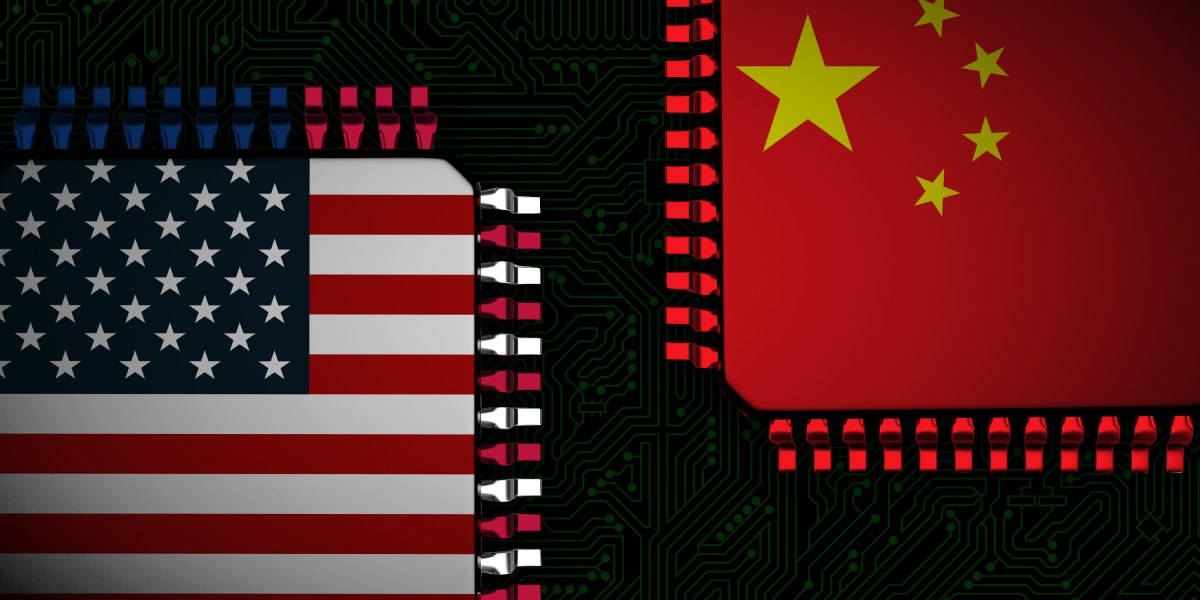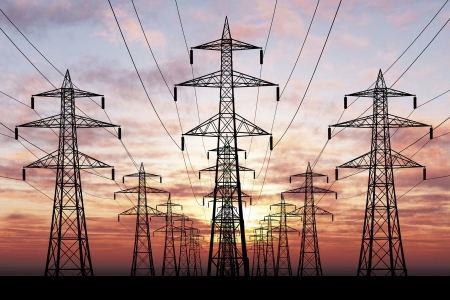Iran Addressing U.N. Nuclear Demands
The additional Protocol means wider and unannounced international inspections of the Islamic republic’s nuclear program.
"Our understanding is that we will be receiving the letter next week," International Atomic Energy Agency (IAEA) spokeswoman Melissa Fleming told Agence France-Presse (AFP).
The announcement came only hours after the IAEA described Iran’s declaration on its atomic program as comprehensive but cautioned that the jury is still out on its accuracy, as a crunch deadline falls Friday for Tehran to prove it is not secretly making the bomb.
IAEA chief Mohamed ElBaradei said in Canada Thursday that the report Iran filed October 23, a week ahead of the IAEA deadline October 31 for Iran to prove it is not making nuclear weapons, "looks comprehensive."
He stressed, however, that IAEA inspectors were "in Iran now, verifying that declaration."
While ElBaradei’s comment is a positive step for Iran, Tehran still faces the possibility the IAEA will judge it to be in non-compliance with the nuclear Non-Proliferation Treaty (NPT) and send the issue to the U.N. Security Council, which could then impose sanctions.
Iran admits in the report to failures in honoring nuclear safeguards commitments, Ali Akbar Salehi, Iran’s representative to the IAEA, told AFP last week.
Salehi said the failures involved "some lab tests" but he said they were "not significant" and that "it is 100-percent clear that Iran has never been involved in anything that would indicate it was involved in a nuclear weapons program."
A Western diplomat said Iran "was already in non-compliance in September," when the IAEA set the deadline, giving Iran a last chance to come clean on its nuclear program.
He said some sort of non-compliance finding, even a "non-condemnatory one", would be necessary.
Another Western diplomat said that if Iran’s report "does not include mention of the Iranian military’s involvement in the entire program," then they would also be in non-compliance.
Nothing definitive is expected to happen Friday. When the deadline runs out, the U.N. agency is set to begin writing a report on Iranian compliance, with the matter to be considered at an IAEA board of governors meeting in Vienna on November 20.
IAEA spokeswoman Fleming said Friday in Vienna that the agency feels the report "appears to address all the areas of their nuclear program and the questions that we put to them."
But she said "a tremendous amount of follow-up work will be required to determine the report’s completeness and accuracy."
IAEA officials have said it could take months to verify the Iranian report.
A key question is whether traces of highly enriched uranium found by IAEA inspectors had come from an enrichment program that could make weapons-grade material or had come from contaminated equipment that had been imported, as Iran pleas.
Iran seized the diplomatic initiative when it delivered its report to the IAEA last week that it said answered all the agency’s questions.
However, Iran has yet to meet IAEA demands for it to suspend uranium enrichment or formally notify the agency of its intention to sign an additional protocol for unlimited inspections.
The IAEA has been investigating Iran’s nuclear program since February but Tehran only issued the report after reaching an agreement when the Foreign Ministers of Britain, France and Germany visited Tehran October 21.
For its part, the United States said Wednesday that Washington expects Iran to meet its international commitments.
"We’ve said that there are three key aspects involved here for Iran to meet its obligations," said White House spokesman Scott McClellan. "They need to implement – sign and implement the additional protocol; cooperate fully with the IAEA; and once and for all, suspend their uranium enrichment and reprocessing activities."
Iran repeated Friday that it would meet its commitments, including signing the additional protocol to the Non-Proliferation Treaty allowing virtually unannounced inspections of nuclear sites.



